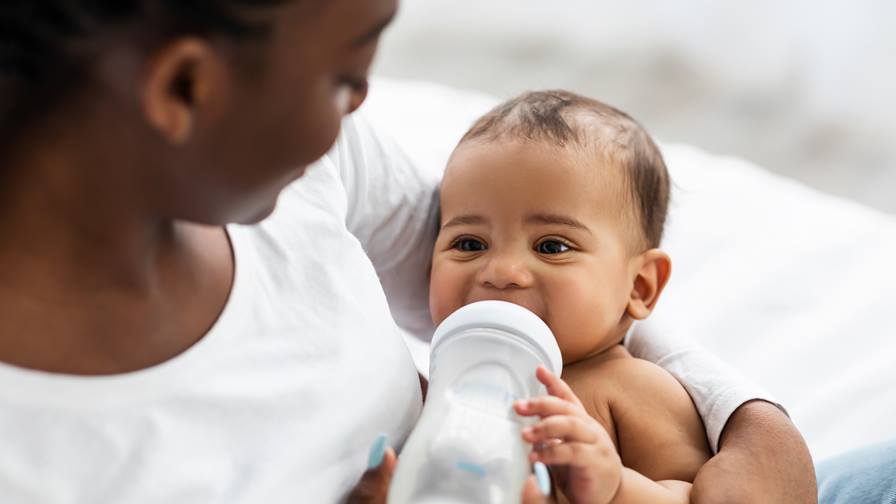
Unpasteurized Donated Human Milk Guideline
While in the hospital, we can offer donated pasteurized human milk (PHM) if the baby is very young or doesn’t tolerate formula (this is considered on a case-by-case basis and ordered by the provider). The human milk bank uses blood testing to approve donors and they pasteurize the product which is a sterilization process to ensure its safety.
Unpasteurized donor human milk is used by some mothers who are unable to produce their own human milk. Due to recommendations from the Federal Drug Administration (FDA), Centers for Disease Control (CDC), and the Human Milk Banking Association of North America (HMBANA) Intermountain does not allow use of unpasteurized donated milk in a hospital setting.
When human milk is sought from anywhere besides a milk bank there are many possible risks to the baby. Because of substances that can be passed through the milk these risks include exposure to:
- Prescription Medication
- Herbs
- Dietary supplements
- Illegal drugs
- Cytomegalovirus
- Hepatitis
- HIV
- Human T-cell leukemia
- Syphilis
- Other germs related to improper storage
- Cow’s milk from dishonest sharing
- Environmental contaminants such as pesticides or mercury
Some of these can create a lifetime of complications for the child. Premature, weak, or sensitive babies are particularly susceptible to some of these harmful things. Even if the donor of unpasteurized milk submits to a blood test, there are risks that cannot be identified, risks that will be eliminated in the pasteurization process.
Be aware of your patient’s situation. If they are using unpasteurized human milk, please educate them to the risks of doing so, and the guideline of our hospital. We can provide them with a safer option while in hospital care. There are two applicable ‘Let’s Talk Abouts’ for this conversation: Unpasteurized Human Breast Milk and Pasteurized Human Breast Milk.
Trudy Rowley, BSN, RN, CNML
Lactation Services Manager
Intermountain Primary Children’s Hospital

